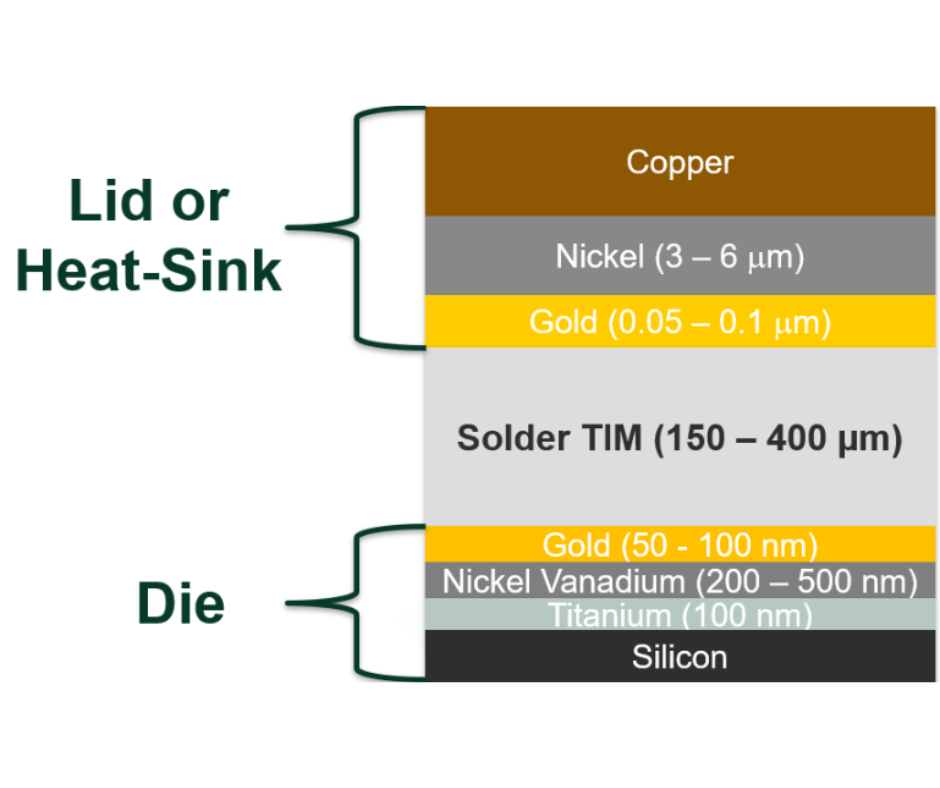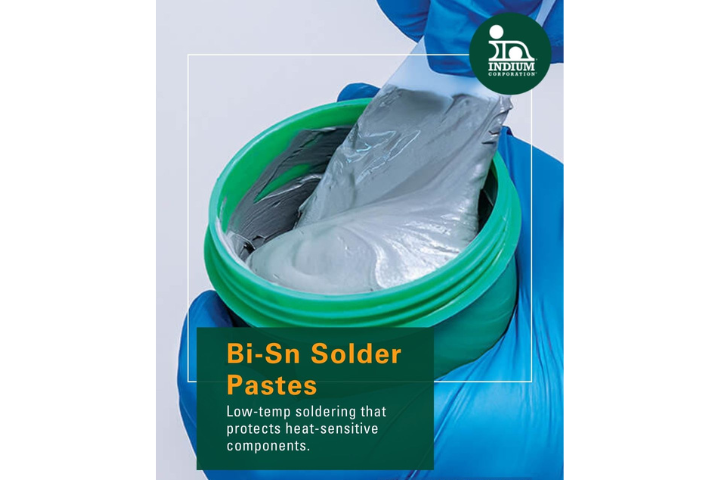David writes,
Dear Dr. Ron,
I thought you would find the article below of interest. Is appears that now there is more than just Occam to worry about. It looks like Georgia Tech is now promoting solder free assembly also. Do you think that solder on its way out?
Thanks,
David
The Georgia Tech article that David refers to is interesting.
Given my lack of enthusiasm for the Occam process, several of you have asked my thoughts about this recent work at Georgia Tech (GT). The Georgia Tech work, sponsored by the prestigious Semiconductor Research Corp, has as its motivation the truth that solder may not have adequate electrical properties (copper has about 7 times the electrical conductivity of solder) to enable some high speed signal operations between ICs. In these situations, a copper connection may be needed for the effective functioning of the ICs. This need will only become greater as ICs increase their clock frequencies and data rates.
This assembly operation starts with a standard PWB and components both having copper pillars. See Tyler Osborn's photo above. It then uses an electroless plating process to bond the component pillars to the PWB pillars. This process likely does not need much additive plating time as only a connection is being plated between the two pillars (maybe less than 1 micrometer of plating). The GT folks also built prototypes before announcing their process, and they estimate a couple of years for scale up. To me all of this sounds like a winning combination.
It may be a little optimistic to assume that this process will completely replace soldered assembly. It still requires mixing assembly and fab processes together and the final product is not easy to repair or disassemble for recycling. However, they may have conquered, in my opinion the biggest issue facing the Occam process: additive plating time. Since they start with a solder pillars and a standard PWB, they likely won't require the hours of additive plating time Occam needs to plate > 1mil of copper to replace the PWB traces.
This effort at GT has high credibility in that Intel, TI and Applied Materials are all evaluating the technology.
Is solder on the way out? I would be surprised, as for the vast majority of electrical connections it has adequate electrical properties, is reworkable and promotes easy disassembly for recycling in a world more and more committed to sustainable electronics. So I see the GT process as a candidate to address the high signal speed/data rate issues for a few high performance ICs. I also agree that the need for a pure copper process like this will likely increase over time. I will be surprised if it replaces soldered assembly completely. However, we in the electronics materials industry think the best solution should be the winner. So if there comes a time when solder has served its purpose we must all move on and we will……..I however, will be surprised if this change occurs within this generation.
Cheers,
Dr. Ron



